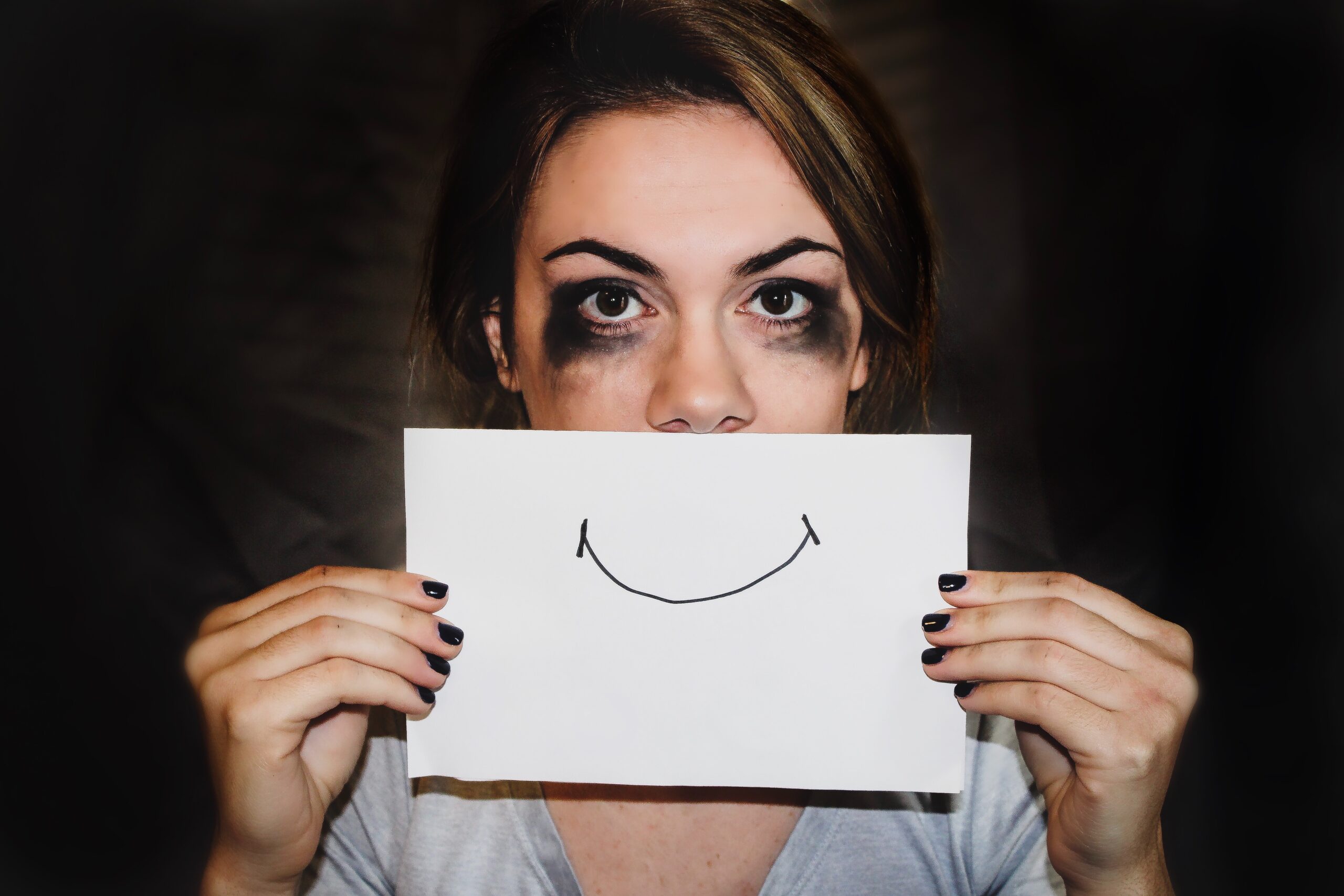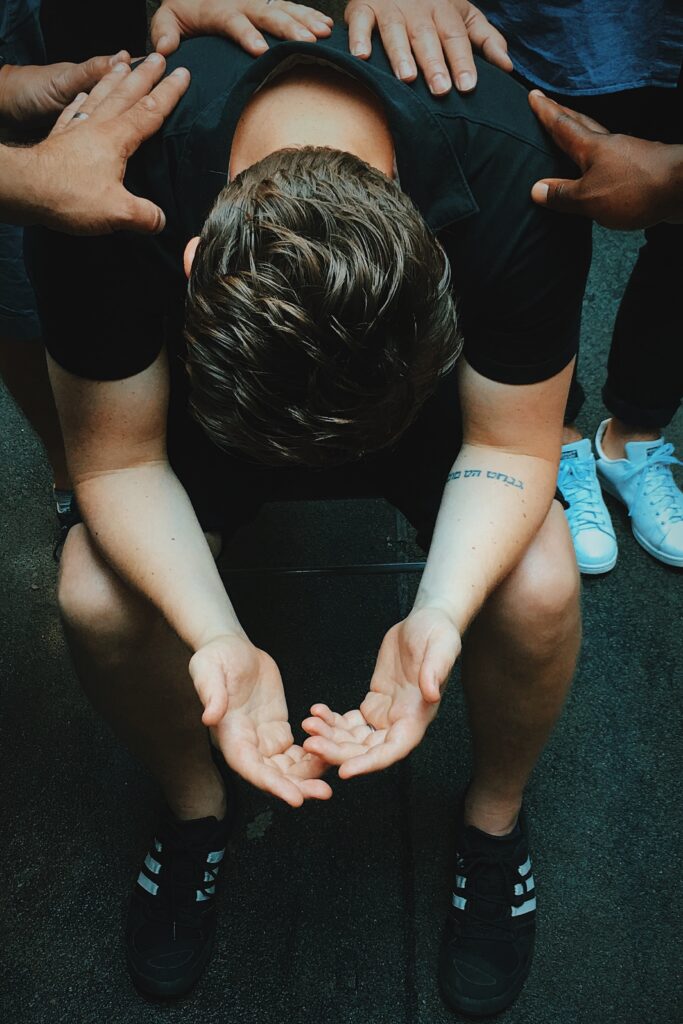Social burnout is becoming an increasingly common problem in our fast-paced, interconnected world. According to the British Mental Health Foundation, 74% of people in the UK have experienced feeling overwhelmed by their interactions with others at least once. It’s important to note that social burnout doesn’t just stem from face-to-face interactions; research shows that social media can impact anxiety and depression levels. In addition, an extensive British survey revealed that 70% of young people experience social burnout and overload due to the pressures of online communities.
While socialization is vital for our overall well-being, balance is critical. Overextending ourselves by trying to interact with too many people at once can lead to what experts call social burnout.

Understanding Social Burnout
Social burnout is when individuals feel mentally and physically exhausted from social interactions. It often accompanies irritability and can be caused by overwhelming stimuli from other people who demand time and attention. As a result, our natural response might be to withdraw or become irritable and volatile.
The threshold for socialization varies from person to person, making it impossible to define a universal limit that prevents social burnout. Some individuals might enjoy one-on-one time with friends but prefer solitude at large parties. This threshold depends on personal characteristics and the level of introversion or extroversion.
How to Avoid Social Burnout
- Set Reasonable Boundaries: It’s crucial to identify and not exceed your limits to maintain your social “battery” charge. You can plan your week by setting priorities for events and deciding which interactions are worth your time and energy. This should include social events, household responsibilities, and work-related matters.
- Adjust the Format and Duration of Interaction: You can regulate interaction in terms of time and format to avoid social burnout. For instance, instead of forcing yourself to socialize at a party for hours on end, commit to attending for only a short time or only for a specific activity. This allows you to conserve your energy.
- Honest and Clear Communication: When social burnout approaches, let your circle know you need a break. This strategy helps avoid overcommitting and sets expectations. You can say, “I’ve been feeling overwhelmed lately, so I need to prioritize self-care for a while.” You can also propose a future reconnect date when you’re in a better state.
Coping with Social Burnout
Preventing social burnout is more accessible than recovering from it, but it is possible to bounce back. The first step is to realign your schedule by making more time for self-care and activities that bring you joy. Incorporate meditation, yoga, or other relaxation techniques that help restore your energy. Ensure you get enough sleep, stay hydrated, and spend time outdoors. Engage in hobbies and activities that enhance your life and promote balance.
In all aspects of life, moderation is key. Strive for equilibrium between time for yourself and time spent with others. If you feel burnout approaching, don’t hesitate to step back, politely decline invitations, and double your self-care time. With these strategies, you can maintain healthy social interactions without compromising your well-being.


